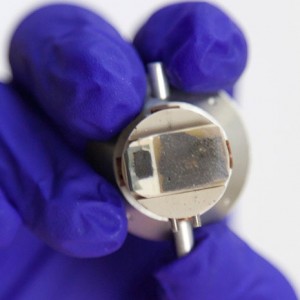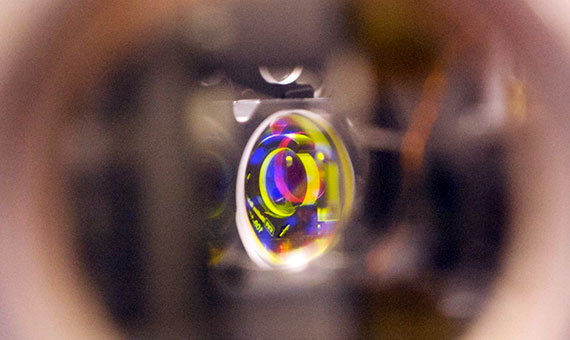The Picker Interdisciplinary Science Institute (Picker ISI) announces this year’s grant awards supporting interdisciplinary approaches in innovative research. The grants bring together Colgate faculty and other researchers with complementary expertise to open new areas of study and to tackle existing problems in creative new ways.
This year there are four project awards:

Spencer D. Kelly, Professor of Psychology and Brain Sciences, and Yukari Hirata, Professor of East Asian Languages and Literatures have received an award of $26,000 for their project “Accentuating the Positive: Can Co-Speech Hand Gestures Help Judgments of Accent in a Foreign Language?”. The project will investigate whether speakers of a foreign language can use culturally appropriate hand gestures to help make their accents easier to understand to native speakers. This work will also explore whether hand gestures can reduce some of the negative stigma associated with non-native accents during cross-cultural communication.
Erin Cooley, Assistant Professor of Psychological and Brain Sciences, Lauren Philbrook, Assistant Professor of Psychological and Brain Sciences, William Cipolli, Assistant Professor of Mathematics, and collaborators Jazmin Brown-Iannuzzi (University of Virginia), and Ryan Lei (Haverford College) have received a two-year award for $160,000 for their project “Why does rich = White and poor = Black in the minds of United States’ citizens? Race-based class assumptions and their consequences for increasing racial resentment and race-related health disparities in the United States.” Using a multi-method approach, they will investigate the psychological processes that link race with social class as well as the psychological and physical consequences of these associations. Such findings should advance the scientific understanding of why the macro-level race wealth gap exists, while also illuminating unique forms of discrimination that may be experienced by poor people of different races.
Frank M. Frey, Professor of Biology and Environmental Studies, Peter R. Scull, Professor of Geography, and their collaborators Birungi Mutahunga, Nkalubo Julius, Kuule Yusufu, Oloya Sam, Nahabwe Haven, and Isabirye Gideon (Bwindi Community Hospital, Uganda) have received a two-year award for $130,000 for their project “Prevalence and predictors of antimicrobial resistance in clinical- and community-acquired upper respiratory bacterial samples in children under 5 in southwestern Uganda”. They will study the prevalence of antibiotic resistance in pathogens causing upper respiratory illness in southwestern Uganda, and identify factors associated with this resistance profile through a consideration of socio-demographic factors, access to and distribution of antibiotic drugs in the community, and unprescribed antibiotic use.
Linda Y. Tseng, Assistant Professor of Environmental Studies and Physics, and her collaborators Pitiporn Asvapathanagul (California State University, Long Beach) and Phillip B. Gedalanga, (California State University, Fullerton) have received a two-year award for $116,000 for their project “Investigating the fate and transport of microplastics and their ecological impacts in natural and engineered systems”. Microplastics are small plastic particles and are found ubiquitously in the environment. Despite concerns of microplastics in the environment, the connection between their transport and the impact of these microplastics is not well-known, and could have large influence on human and ecological systems. This project intends to explore the transport and impact of microplastics.
The mission of the Picker Interdisciplinary Science Institute at Colgate University is to foster the creation of new knowledge that is obtainable only through the development of sustained interdisciplinary research. The Institute supports internal and external collaborations among faculty who bring expertise from different disciplines to bear on current and emerging scientific problems that remain intractable to the methods used within a single discipline. The Institute also encourages interdisciplinary approaches to learning through innovative curricular and research opportunities for students that may arise from the pursuit of interdisciplinary research projects.





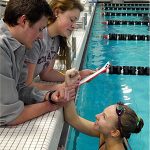 , Lecturer in Psychology and Neuroscience;
, Lecturer in Psychology and Neuroscience; 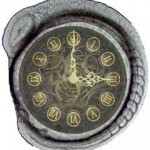
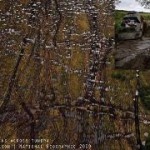 Jessica Graybill
Jessica Graybill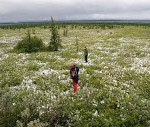 Michael Loranty
Michael Loranty